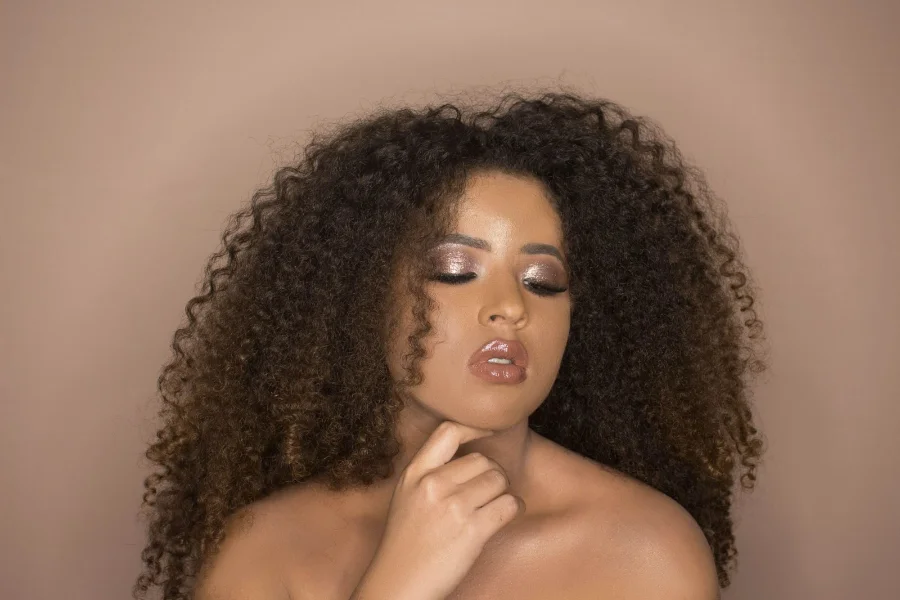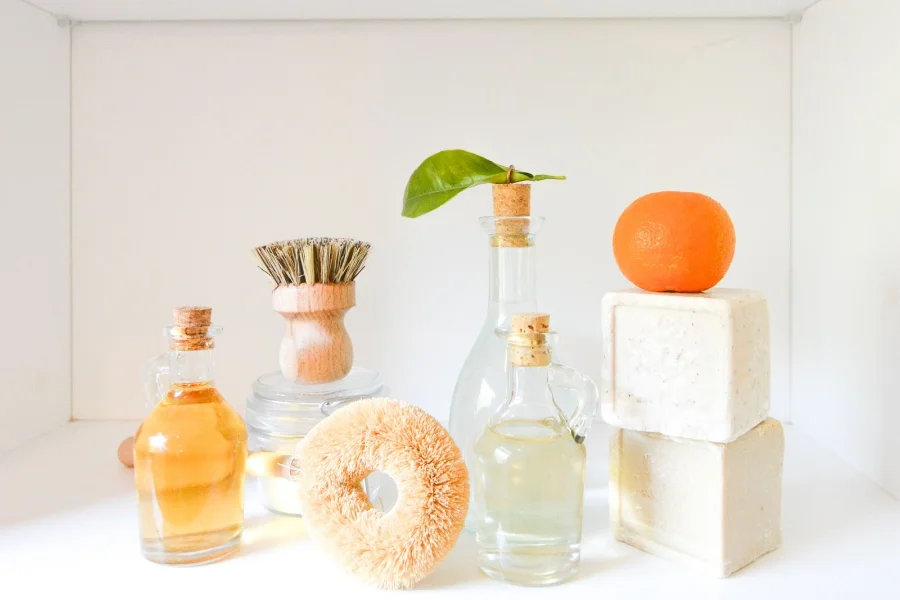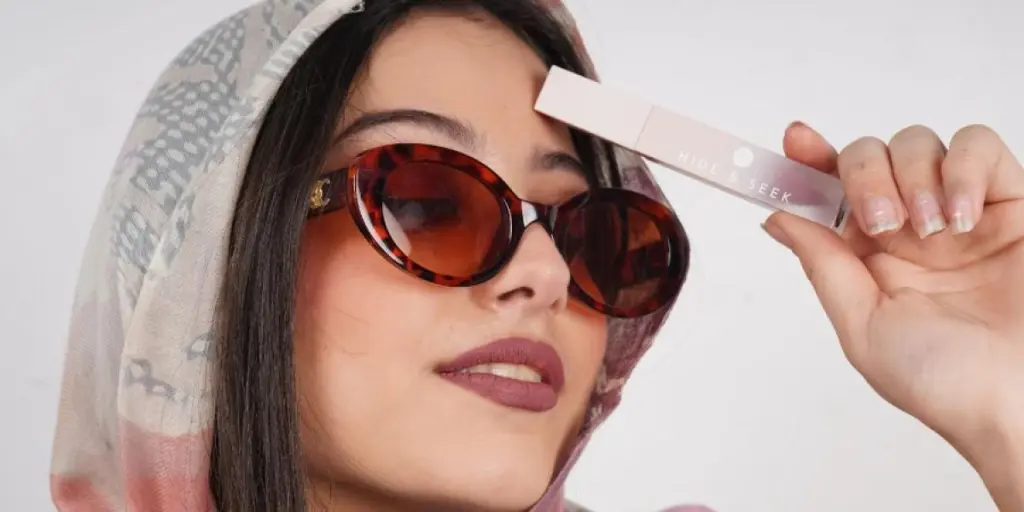Halal beauty was formerly a niche category, appealing to women in the Muslim community. Now, more women are embracing halal cosmetics. That’s why the halal beauty industry will grow by 11.6% in 2023.
Today, you can see halal beauty products everywhere, from Manhattan to South Korea. This means there’s more global demand for halal beauty.
But what does this mean for businesses? And how can you tap into the halal beauty market?
Table of Contents
Overview of halal beauty
Important halal beauty practices
Action points for businesses
Conclusion
Overview of halal beauty
Halal is an Arabic term describing anything that’s permitted under Islamic Law. In beauty, products must follow certain production and manufacturing processes to be considered halal, and must contain only certain ingredients. For example, most animal products are banned in halal beauty products, or at least they must have been slaughtered according to Islamic Law.
In addition, every ingredient must be traceable, so Islam has strict requirements for production and manufacturing processes.
Even consumers who don’t follow Islam are buying halal beauty products. These morals tie into those of the average consumer. They want to buy safe products that were ethically made and demand transparency from brands.
Important halal beauty practices
To create a halal beauty strategy, brands must know essential halal practices to offer the right products. These key points include products that are ethical and sustainable, contribute to physical health and self-care, and tie into Islamic holidays and traditions.
1. Caring for the hair and scalp

For Muslim women, wearing the hijab is an essential part of Islamic Law. The hijab covers a woman’s hair, so she only shows that delicate part to her husband, family, and other women.
However, the hijab can irritate the scalp, leading to hair loss. That’s why hair and scalp products are crucial in halal beauty.
Businesses can offer shampoo and conditioner sets formulated with ingredients such as collagen. Hair loss occurs due to decreased collagen production in the body. As long as the collagen is plant-based or was derived from fish, this ingredient is allowed in halal beauty.
2. Ethical and sustainable

Halal beauty products must hold specific certifications to prove the products are clean and ethical. All halal beauty products must be vegan (or only contain specific animal ingredients), cruelty-free, and not contain harsh chemicals and alcohol.
Halal certifications also extend to sustainability. Packaging must hold halal certifications to ensure they’re recyclable and reusable.
Brands must not only match their product formulations and packaging to fit halal standards, but must also seek the right certifications. Since transparency is vital to halal practices, brands must ensure every ingredient and aspect of their supply chain is traceable to receive those certifications.
3. Self-care spaces
Self-care has been a massive trend in the West, but this practice isn’t new in eastern cultures. Muslims have a high standard of personal hygiene — this applies to both men and women.
Self-care home products are popular among all Islamic individuals, though these consumers demand products that enhance skin and hair health. Focus on selling vegan skincare products that appeal to both men and women.
Since more women work and earn money, the demand for female beauty products is increasing in halal spaces. For example, more brands are creating water-based halal nail polish.
4. Ramadan and Eid
Ramadan is a sacred time for Muslims. Daily fasting is strictly enforced from sunrise to sunset, lasting a month. Participants can’t even drink water, which will leave their skin dehydrated.
Before Ramadan, brands can sell hydrating creams and serums so participants can still have healthy skin. Skin-loving ingredients such as probiotics are accepted in halal beauty as long as the products don’t contain animal fat. As a precaution, it’s best to sell vegan products.
Islam also has other important holidays, such as Eid-al-Adha. While gift-giving isn’t as common as with other holidays, more participants give gifts if they’re invited to a loved one’s home. This is an excellent opportunity for businesses to sell halal beauty products, such as lipsticks.
Action points for businesses
Halal beauty will only pose an opportunity if businesses are smart about their strategy. Here are some action points to remember:
Halal is global
There are over one-and-a-half billion Muslims in the world. Islam is growing in the West, but Muslims in these regions have difficulty finding products that fit their principles. Beauty companies in North America and Europe can attract a larger audience by following halal guidelines.
Faith and the environment
Islamic principles, animal welfare, and the environment go hand-in-hand. These are also ethics that general consumers follow, regardless of religion. Modern beauty businesses must be sustainable and ethical to meet consumer demands, offering transparency in every step of the supply chain.
Brands can meet this demand by offering halal certifications in product formulations and packaging. For consumers who don’t follow Islam, offer other labels that the general population understands, such as “vegan” and “recyclable.”
Significance of wellness
The Muslim faith emphasizes wellness, specifically self-care. Self-care is also a principle that non-Muslim millennials and Gen-Zers are embracing. Brands can sell self-care products that are halal-certified and also meet the demands of non-Muslim consumers.
Conclusion
Since the Islamic faith is expanding globally, more brands are reaching out to Muslim consumers. For beauty brands, this means selling halal beauty, skincare, and self-care products. Halal products must contain certain ingredients, be sustainable, and exercise transparency in all steps of the supply chain.
Businesses will want to sell certain products, such as scalp and hair care, to prevent hijab-induced hair loss. Self-care products must also fit Islamic principles and be available to men and women. All ingredients and packaging must be ethical and sustainable. Brands should also consider critical Islamic holidays, such as Ramadan and Eid-al-Adha.
The beauty sphere is changing, and businesses must keep up with the latest consumer demands. Continue reading the Baba Blog to discover what’s new in beauty and other industries.




